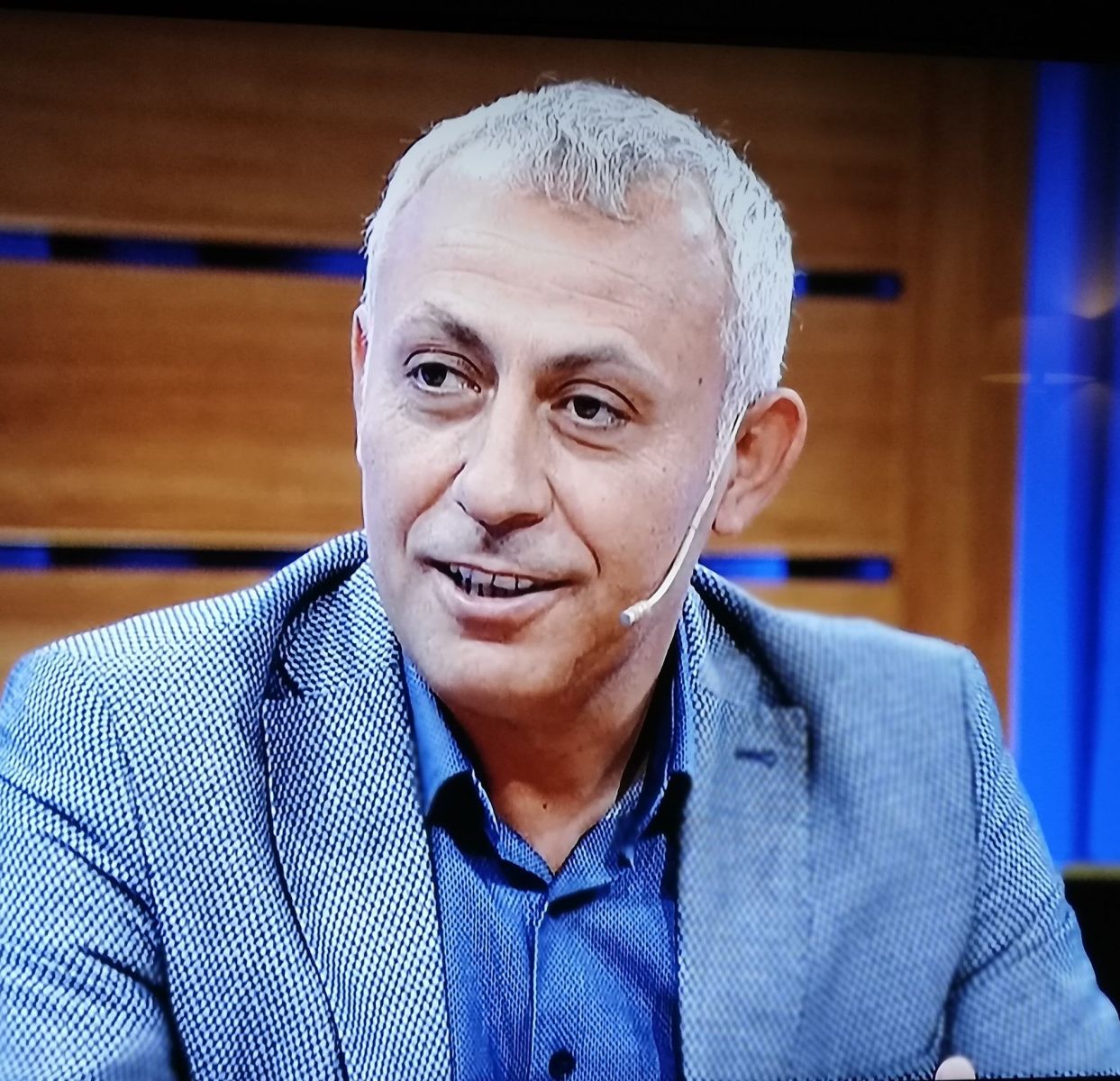Professor Uğur Sak
 Biography
Biography

Uğur Sak is a professor of special and talented education at Anadolu University. He founded and worked as the director of the Center for Research and Practice for High Ability Education and founded the graduate programs in gifted education at Anadolu University. He is currently the editor-in-chief of Gifted Education International and the founding editor of the Turkish Journal of Giftedness and Education. His scientific research has focused on developing original models on the identification and education of gifted students, assessment of creativity and intelligence. He developed the first national intelligence scale, Anadolu Sak Intelligence Scale (ASIS), in Turkey and is the author of Selective Problem Solving Model (SPS), Creative Reversal Act (CREACT), and the co-author of Creative Scientific Ability Test (C-SAT) and the Test of Scientific Creativity Animations for Children (TOSCAC). His most recent work is the Fuzzy Theory of Giftedness. He is the recipient of the best academician award of the year-2016 in education selected by Artı Education in Turkey. He was the principal investigator of a nationwide project in Turkey supported by the Ministry of Education to develop the first national K12 curriculum for the education of talented students. He serves on the advisory boards of several journals in gifted education. He has been an active participant in social networks in gifted education, being an executive board member of the Asia-Pacific Federation on Giftedness and a member of the qualification committee of the European Talent Support Network.
 Invited Symposium Title
Invited Symposium Title
Terminology Matters: A Historical Analysis of the Term Giftedness
 Invited Symposium Description
Invited Symposium Description
The field of gifted education needs terminological transitions. The utility and the scientific basis of the term giftedness recently have taken strong critics in gifted education Researchers have tried to restructure an amorphous construct, giftedness, to adopt it to educational settings rather than inventing or using scientific or educational terms preferred in many disciplines to signify human abilities.
The construct giftedness came into existence as a religious invention to convey the sacredness of churches and priests. The fingerprints of divinity, the Industrial Revolution, nationalism, and the Cold War are evident in the history of the development of the term giftedness and its varieties, such as aptitude and talent. For example, the trends in the use of giftedness, aptitude, and talent in printed publications have seemingly differed in line with significant historical events, displaying distinct trajectories. Based on historical analysis, this article briefly presents how the term giftedness emerged and was adopted by educators and scientists and how it is now losing significance in education and science. I argue that the term giftedness has limited the progress in gifted education and suggest a terminological redirection that can encourage multidisciplinary contributions to gifted education.